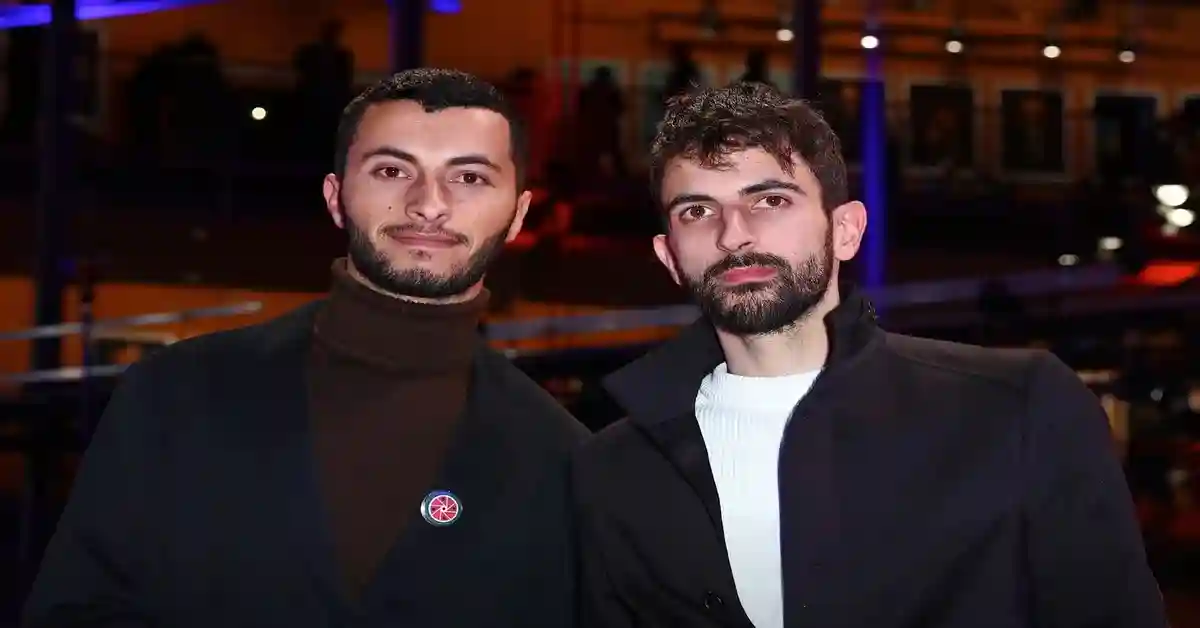Table of Contents
In the aftermath of the Berlin film festival, the celebration of cinematic achievements turned into a battleground of controversy for Yuval Abraham, the acclaimed Israeli filmmaker behind the award-winning documentary, “No Other Land.” The recognition bestowed upon his work was not only met with applause but also with accusations of antisemitism, leading to a series of disturbing events that have left Abraham reconsidering his plans to return to Israel.
The Berlinale Triumph
Yuval Abraham, a 29-year-old filmmaker, clinched the prestigious best documentary award at the Berlinale for his compelling work shedding light on the eradication of Palestinian villages in Masafer Yatta, West Bank. However, the joyous occasion took an unexpected turn during Abraham’s acceptance speech, where he boldly addressed the “situation of apartheid” and called for a ceasefire in Gaza. Little did he anticipate the storm that would follow.
The Backlash and Accusations
In the wake of the closing ceremony, German officials labeled the event as “antisemitic,” triggering a cascade of condemnation in local media. Politicians, quick to point fingers, accused the filmmakers of crossing a line. The irony, however, was not lost on Abraham, the son of Holocaust survivors standing on German soil, advocating for peace.
Abraham expressed his dismay, stating, “To stand on German soil as the son of Holocaust survivors and call for a ceasefire – and to then be labelled as antisemitic is not only outrageous, it is also literally putting Jewish lives in danger.”
Unraveling the Impact
The repercussions were swift and severe. Abraham, originally planning to return to Israel immediately after the ceremony, found himself compelled to alter his plans. Israeli media, echoing the sentiments of German officials, described his speech as antisemitic. The consequences extended beyond the digital realm, as death threats flooded social media, and individuals physically confronted Abraham’s family in southern Israel, prompting them to evacuate for their safety.
Weaponizing Antisemitism
Amidst the turmoil, Abraham raised a critical point about the weaponization of the term antisemitism. He argued that Germany, in an attempt to grapple with its historical guilt, was misusing a term designed to protect Jews. In doing so, the term’s significance was diluted, creating a dangerous precedent that not only silenced Palestinians but also muzzled Jews and Israelis critical of the occupation.
Concerns for Safety
Abraham’s Palestinian filmmaking partner, Basel Adra, also voiced concerns during the ceremony, highlighting the juxtaposition of celebrating success while Gaza faced tragedy. Abraham expressed heightened fears for Adra’s safety, given the precarious situation in the West Bank, surrounded by Israeli settlements.
Political Fallout
The fallout extended beyond the cinematic realm, with calls for the resignation of the minister of state for culture, Claudia Roth. The Green party politician’s applause during the controversial speech drew attention, and although her office attempted to clarify her stance, the situation escalated. Roth’s office acknowledged the reports of death threats against Abraham as “alarming.”
Unity in Adversity
In the face of adversity, Abraham remained resolute, emphasizing the need for unity. He asserted, “This tactic of divide and conquer feels more familiar from military occupations. We will stand united because our film is about envisioning a future where we can live together with equal rights.”
Conclusion
The saga surrounding Yuval Abraham’s triumph at the Berlinale underscores the complexities of using platforms to address political issues. The line between art, expression, and political sensitivity remains blurred, sparking debates that transcend the realm of cinema. As we navigate through these controversies, it is imperative to recognize the power of words and the impact they can have on individuals, nations, and the collective human experience.
Previous Post
